Ask AI on The Internet
Question: Examine the economic systems of pre-colonial African societies, and discuss how they contributed to the overall stability and development of these societies. With citations and references.
Pre-colonial African societies had diverse economic systems that significantly contributed to their stability and development. These systems were mostly holistic, integrating social, political, and economic elements to support communal well-being. Below is an examination of various economic systems and their contributions: ### 1. Agrarian Economies Agriculture was a central economic activity in many pre-colonial African societies. The availability of fertile lands enabled communities to practice subsistence farming, cultivating crops such as millet, sorghum, yams, and maize. - **Contributions:** - **Stability:** Agriculture provided a steady food supply, which supported population growth and minimized risks of famine. - **Development:** Agricultural surplus facilitated trade, both within and between communities, fostering economic relations and enhancing social cohesion. **Reference:** - Rodney, W. (1972). *How Europe Underdeveloped Africa*. London: Bogle-L'Ouverture Publications. ### 2. Pastoral Economies In regions less conducive to farming, such as the Sahel or the Horn of Africa, many societies relied on pastoralism—raising livestock, including cattle, goats, and sheep. - **Contributions:** - **Stability:** Pastoral practices provided food, clothing, and other essentials, helping sustain communities in arid environments. - **Development:** Livestock served as a form of currency and wealth, enabling pastoralists to engage in trade and reciprocal exchange networks, which were critical during periods of scarcity. **Reference:** - Bonte, P., & Galaty, J. G. (1991). *Herders, Warriors, and Traders: Pastoralism and Politics in Eastern Africa* ### 3. Trade and Market Economies Trade was a significant component of pre-colonial African economies. Several societies developed sophisticated trade networks. Notable examples include the Trans-Saharan trade routes and the Indian Ocean trade network. - **Contributions:** - **Stability:** Trade enabled the exchange of goods, including gold, salt, ivory, and iron, which were crucial for survival and prosperity. - **Development:** Market economies led to the rise of influential trading cities, such as Timbuktu and Kilwa, facilitating cultural exchange and technological advancements. **Reference:** - Curtin, P. D. (1984). *Cross-Cultural Trade in World History*. Cambridge: Cambridge University Press. ### 4. Artisanal and Craft Economies Craftsmanship, including pottery, weaving, iron smelting, and tool-making, was integral to many societies. Skills were often passed down through generations, ensuring technical knowledge remained within communities. - **Contributions:** - **Stability:** Craft economies diversified economic activities, reducing dependency on agriculture and pastoralism alone. - **Development:** Artisanal products were often traded regionally and internationally, fostering economic interdependence and cultural exchange. **Reference:** - McIntosh, S. K. (1999). *Beyond Chiefdoms: Pathways to Complexity in Africa*. Cambridge: Cambridge University Press. ### 5. Communal Resource Management Many pre-colonial African societies practiced communal ownership of land and resources. The communal management of resources ensured equitable distribution and minimized socio-economic disparities. - **Contributions:** - **Stability:** By sharing resources, communities could support each other during difficult times, fostering resilience. - **Development:** Collective resource management encouraged sustainable practices and long-term planning, helping communities thrive over generations. **Reference:** - Senghor, L. S. (1964). *On African Socialism*. New York: Praeger. ### Conclusion The economic systems of pre-colonial African societies were multifaceted and regionally diverse. Agriculture, pastoralism, trade, artisanal crafts, and communal resource management all contributed to the stability and development of these societies. These systems fostered social cohesion, resilience, and sustainable development, supporting the intricate tapestry of pre-colonial African life. By examining these economic systems, it becomes evident that pre-colonial African societies had robust mechanisms to ensure their survival, growth, and interconnectivity with neighboring communities and distant civilizations. **References:** - Rodney, W. (1972). *How Europe Underdeveloped Africa*. London: Bogle-L'Ouverture Publications. - Bonte, P., & Galaty, J. G. (1991). *Herders, Warriors, and Traders: Pastoralism and Politics in Eastern Africa*. - Curtin, P. D. (1984). *Cross-Cultural Trade in World History*. Cambridge: Cambridge University Press. - McIntosh, S. K. (1999). *Beyond Chiefdoms: Pathways to Complexity in Africa*. Cambridge: Cambridge University Press. - Senghor, L. S. (1964). *On African Socialism*. New York: Praeger.
Think your answer is better than the AI's? Post it below.
Question Tags
If you want your question answered by an AI, click here.
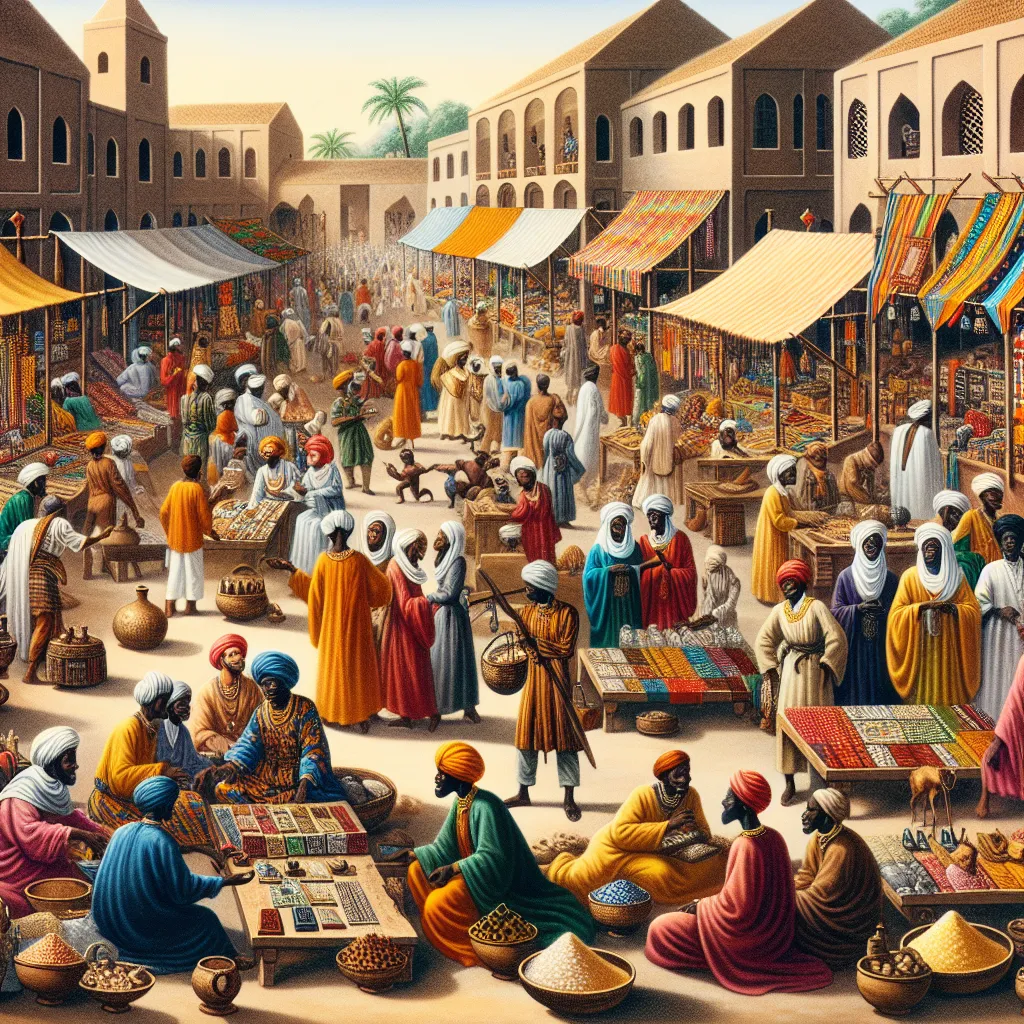

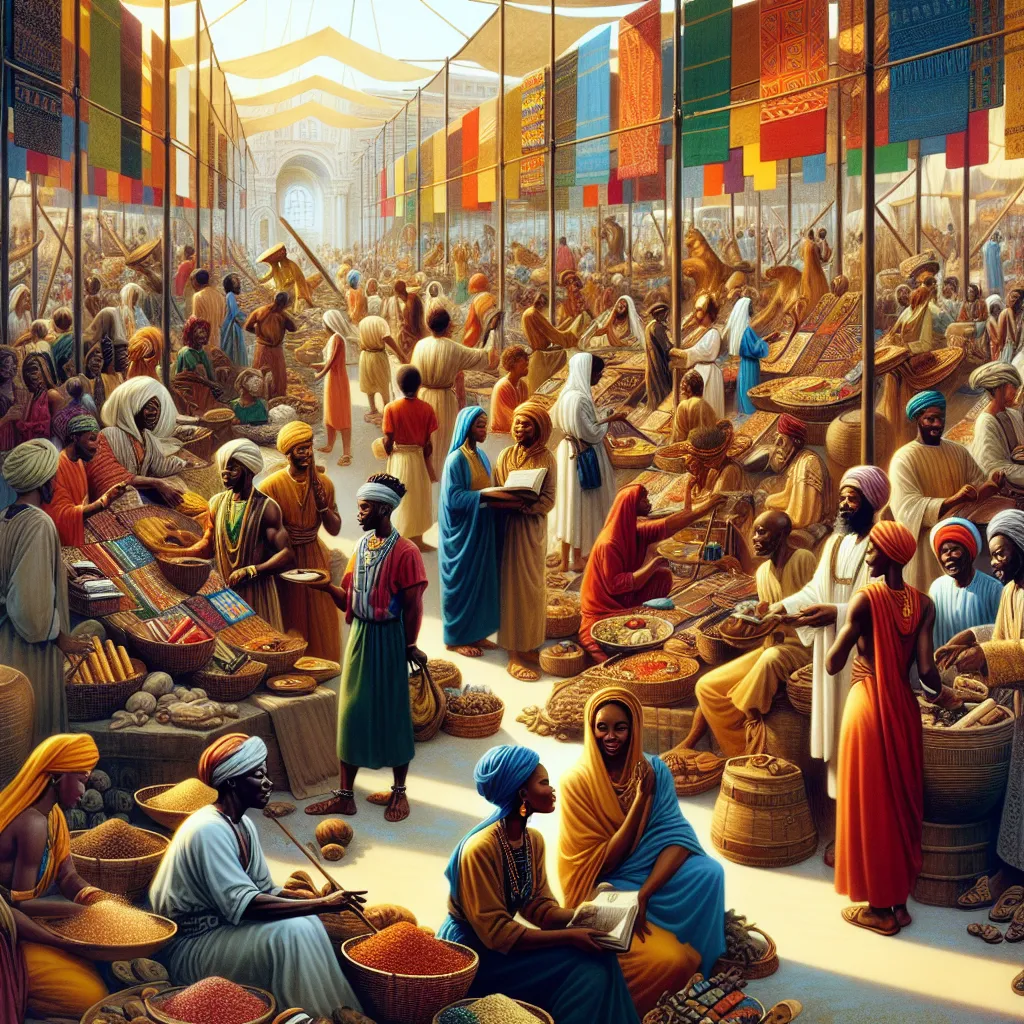
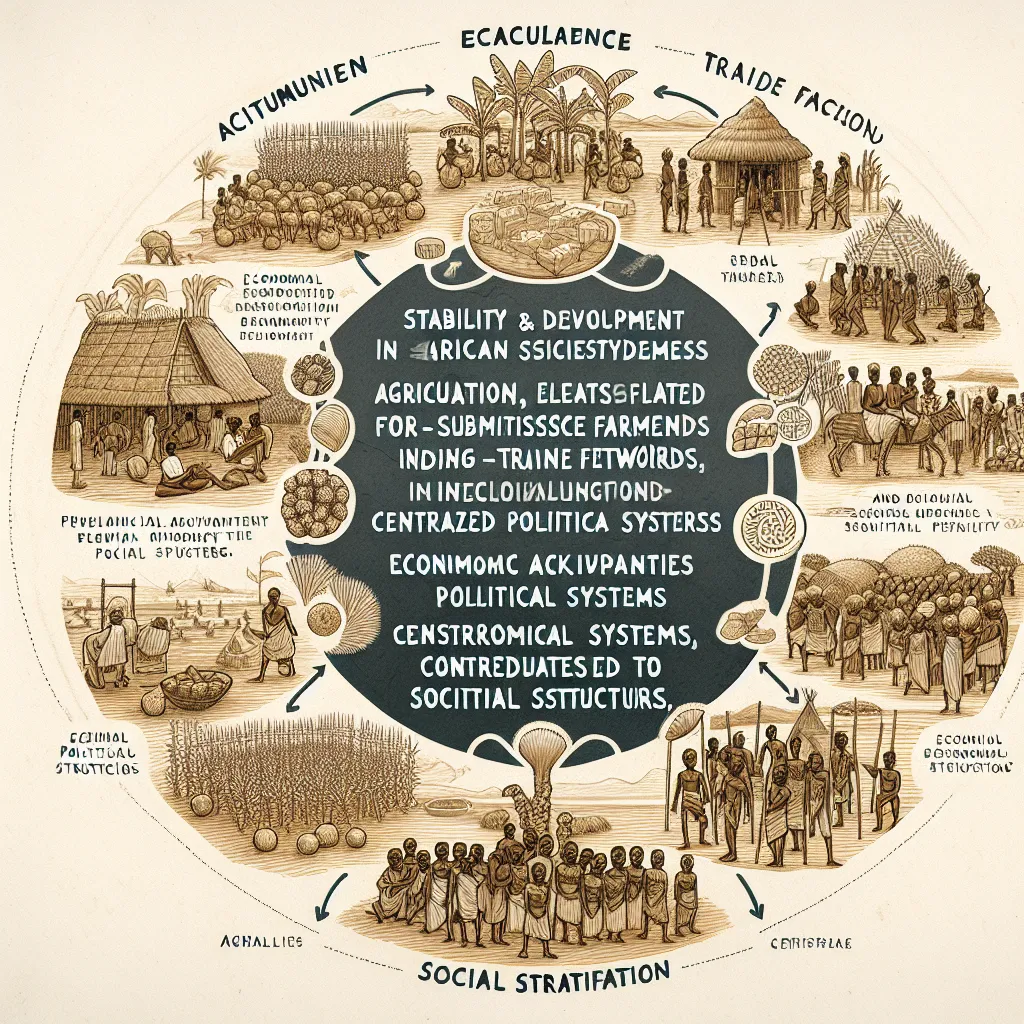
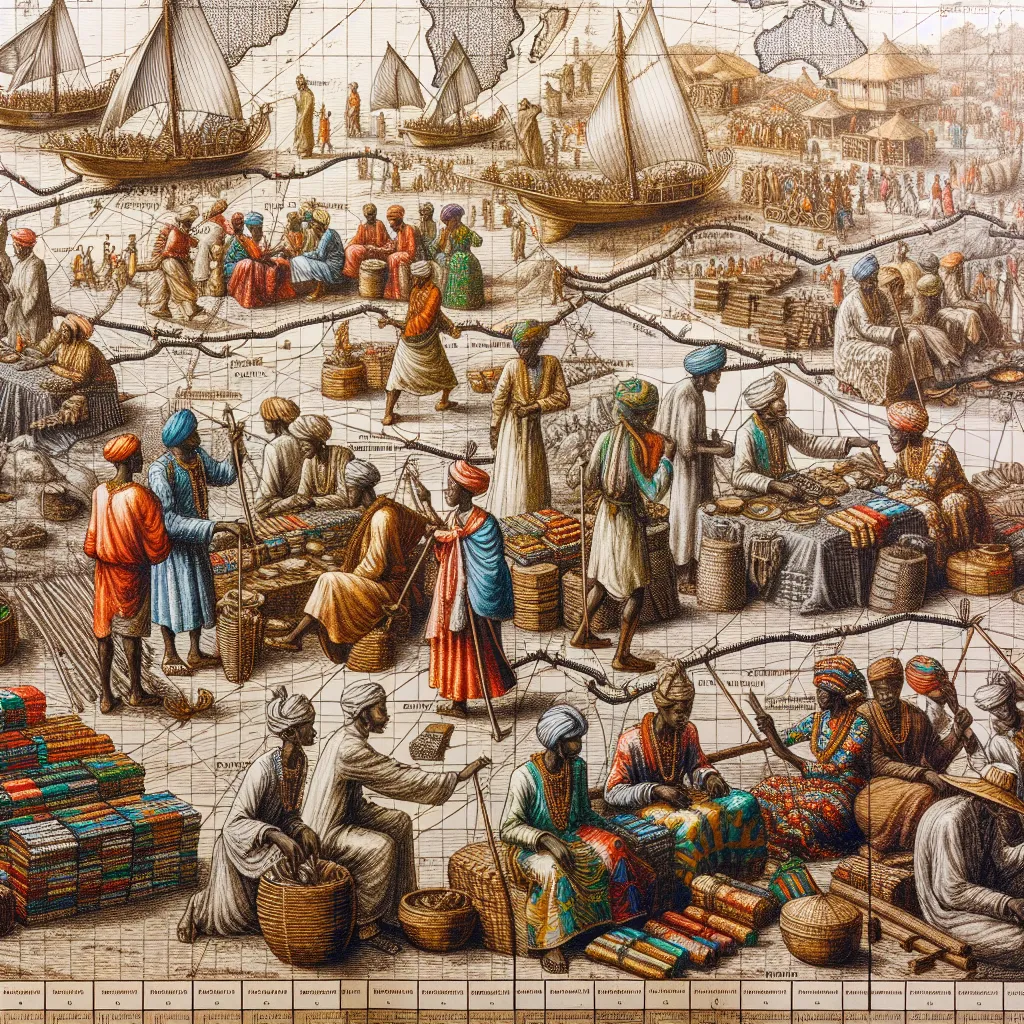
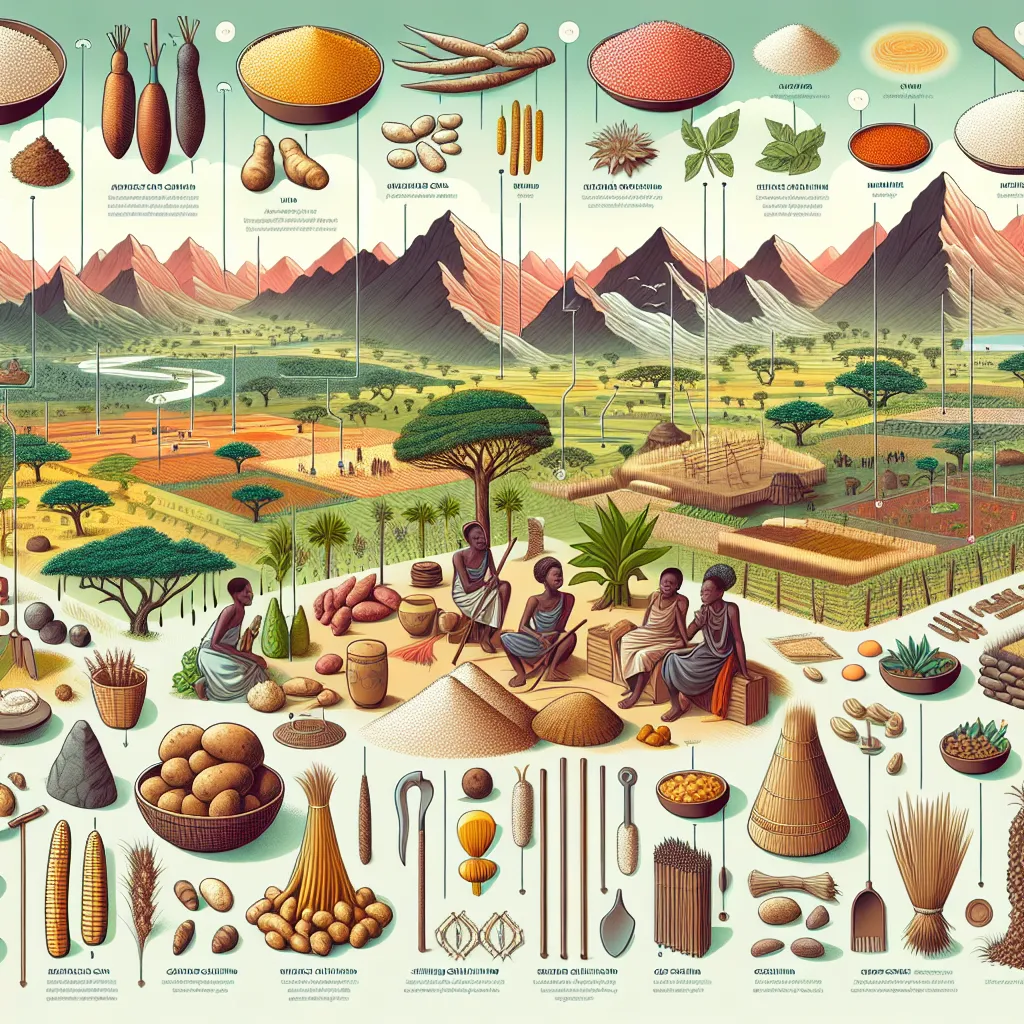

Post your own comment: